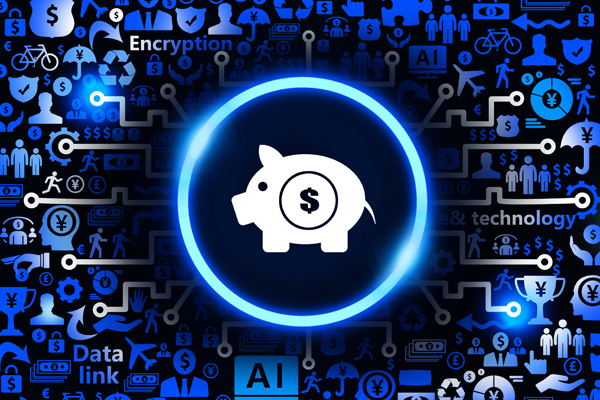Can Cryptocurrencies Be Hacked? How to Protect Your Cryptocurrencies?

Cryptocurrencies utilize blockchain technology, which aims to be secure and resistant to hacker attacks.
However, wallets, platforms, and other access points can have vulnerabilities that could be exploited by hackers.
Users can take steps to protect their cryptocurrency and stay safe from potential threats.
Understanding blockchain security:
Blockchain technology is the backbone of cryptocurrency and is designed to be secure and resistant to hacker attacks. It uses cryptography and consensus mechanisms to work to ensure the integrity of transactions. Each transaction is encoded and linked to the previous transaction to form a blockchain. The idea is that once data is added to the blockchain, it is virtually impossible to change or tamper with.
However, the blockchain can be attacked if a group controls more than 50% of the network's computing power, a so-called 51% attack. This allows them to change transactions that have not yet been confirmed by the blockchain. However, such attacks are extremely difficult and costly, especially on larger networks.
Where cryptocurrency breaches occur:
While the blockchain itself is designed to be secure, access points such as wallets and platforms can have vulnerabilities. Cryptocurrency ownership is linked to a private key stored in a wallet. If a hacker is able to gain access to this key, they may be able to steal the associated cryptocurrency.
Wallets can be hot wallets (connected to the internet) or cold wallets (not connected to the internet). Hot wallets are more vulnerable to hacking because they are always connected to the internet. Cold wallets, on the other hand, are designed to be more secure, but can still be attacked if the physical device is stolen or the private keys are compromised in some way.
Platforms that hold the private keys of many users are also popular targets for hackers. If the platform is compromised, all the cryptocurrency associated with the stolen keys may be lost.
How to Protect Your Cryptocurrency:
There are several steps users can take to protect their cryptocurrency. The first is to understand how private keys are stored and accessed. It is generally considered safer to store keys in cold wallets and keep the device in a safe place.
Users should also be aware of who has access to their keys. The saying "not your keys, not your coins" emphasizes the importance of maintaining control over your private keys. If you allow a third party (such as a platform) to access your keys, then you are relying on their security measures to protect your cryptocurrency.
Finally, users should be aware of common scams and phishing attempts. Hackers often try to trick users into revealing private keys or other sensitive information. Staying vigilant and double-checking all transactions can help prevent such attacks.
The Reality of Crypto Compromises:
Despite security measures, cryptocurrency breaches still occur. Cryptocurrency history has seen several major breaches that resulted in large losses. These breaches typically exploit vulnerabilities in wallets, platforms, and other access points rather than vulnerabilities in the blockchain itself.
However, it is important to note that these breaches do not represent the security of blockchain technology or cryptocurrencies as a whole. Instead, they highlight the importance of personal security practices and the need for users to take proactive steps to protect their cryptocurrencies.
Protecting Your Cryptocurrency:
Protecting your cryptocurrency is an ongoing process that requires vigilance and awareness of potential threats. You can reduce the risk of having your cryptocurrency stolen by keeping your private keys safe, using reputable platforms, and being aware of common scams. Remember that the security of your cryptocurrency may depend heavily on your actions.













